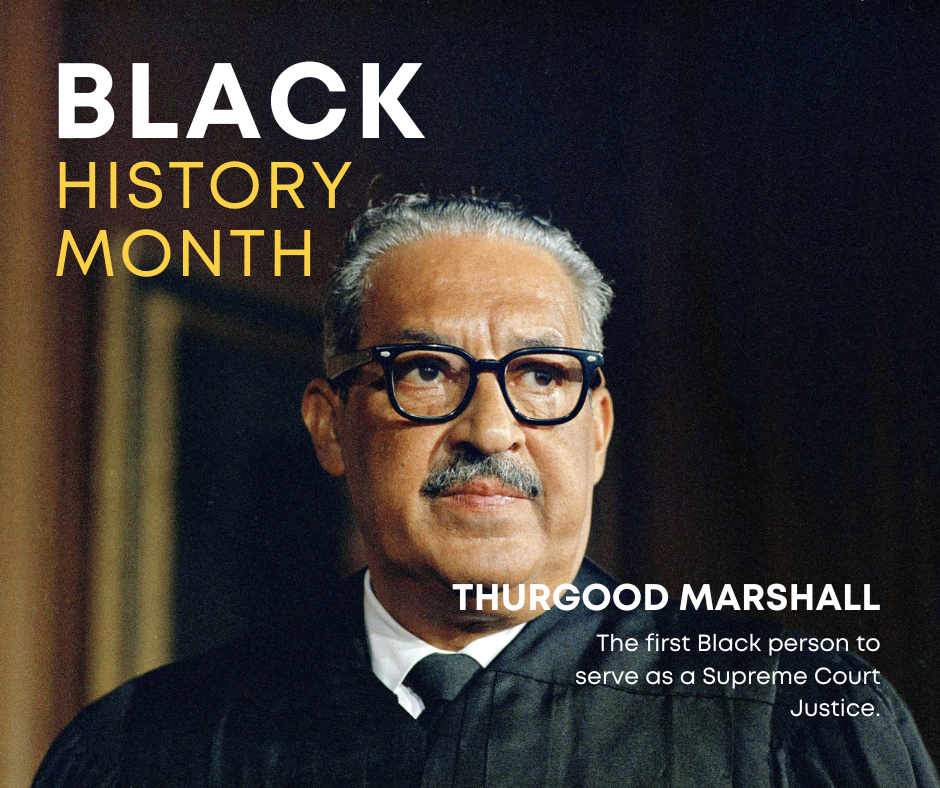On August 30, 1967, Thurgood Marshall made history by becoming the first Black person to serve on the U.S. Supreme Court. Nominated by President Lyndon B. Johnson, Marshall’s confirmation marked a pivotal moment in the fight for racial equality and justice in America.
Born in 1908 in Baltimore, Maryland, Marshall faced racial discrimination and segregation from an early age. Despite these challenges, he pursued a career in law and became a leading civil rights attorney, known for his work with the NAACP Legal Defense Fund.
Marshall’s legacy was already well-established before his Supreme Court appointment. He famously argued the case of Brown v. Board of Education in 1954, leading to the desegregation of public schools nationwide.
During his 24 years on the Court, Marshall remained a staunch advocate for civil liberties, contributing to key decisions on issues like affirmative action and criminal justice reform.
He was joined by two other Black justices: Clarence Thomas, known for his conservative views and significant influence on Court decisions, and Ketanji Brown Jackson, appointed in 2022 for her extensive legal experience and commitment to justice.
The legacy of Marshall and his fellow Black justices extends far beyond the courtroom, serving as a testament to the ongoing struggle for equality and inspiring future generations to continue the fight for a more just and equitable society.

